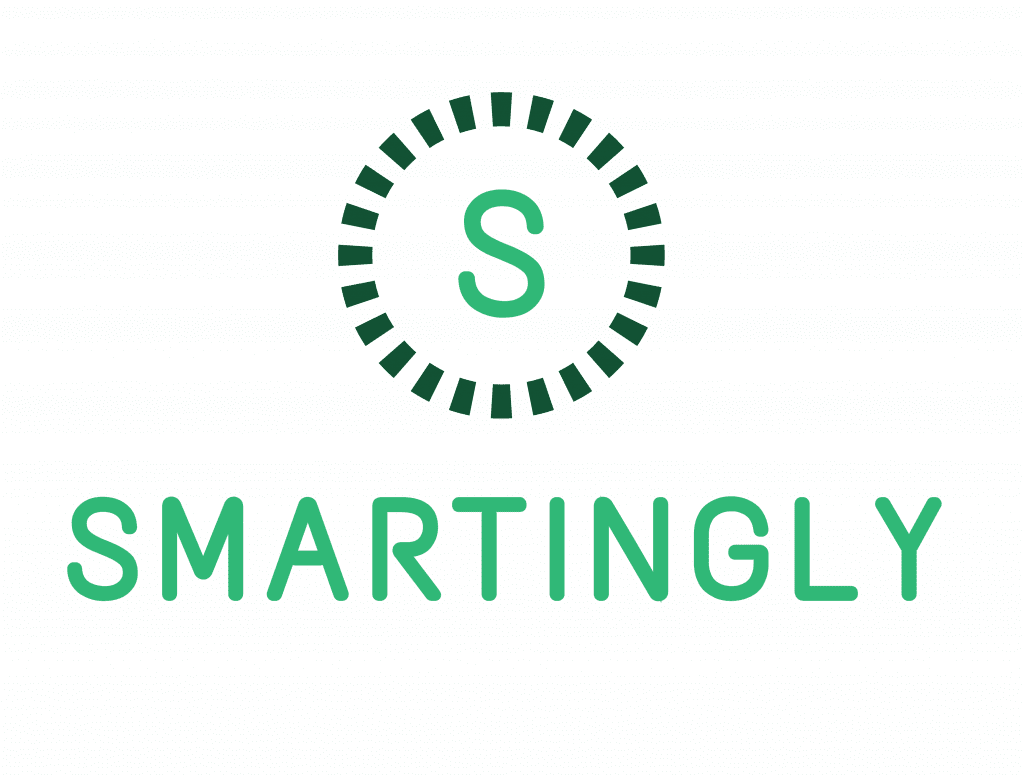More than ever before, technology addiction is becoming a term we hear with increasing frequency. But what exactly is it? Simply put, it refers to the compulsive use of digital devices such as smartphones, computers, tablets, and gaming systems. Notice that the usage is often to the detriment of one’s physical, mental, and social well-being.
Also known as digital addiction or internet addiction, this is characterized by excessive or compulsive use of technology that interferes with daily life. It can lead to a variety of negative consequences, including decreased physical health, strained relationships, poor performance in work or school, and mental health issues such as anxiety and depression.
The constant need to check devices, the endless scroll through social media, and the insatiable appetite for new information or entertainment can trap individuals in a cycle that is hard to break.

Why Is Technology Addiction Dangerous?
The dangers of technology addiction are not just limited to losing sleep over late-night video binges or experiencing the occasional neck pain from too much screen time. It can profoundly impact mental health, leading to feelings of isolation, increased anxiety, and depression.
Socially, it can erode the fabric of personal relationships, as real-life interactions take a backseat to digital engagements. Understanding and recognizing the signs of technology addiction is the first step towards addressing its grip on our lives.
Social Media Addiction
One of the most prevalent forms of technology addiction is social media addiction. It is the compulsive use of social media platforms like Instagram, Facebook, and Twitter, where the need for likes, comments, and shares can become an all-consuming pursuit.
This type of addiction feeds on the fear of missing out (FOMO) and can lead to severe anxiety, depression, and loneliness.

Video Game Addiction
Video game addiction is another significant concern, characterized by the excessive or compulsive playing of video games. It can affect individuals of all ages, leading to physical symptoms such as eye strain and carpal tunnel syndrome. Plus, mental health issues, including aggression and depression.
Remember, this addiction can also disrupt daily life, affecting school, work, and relationships.
Online Gambling Addiction
The thrill of betting and the possibility of winning big can make online gambling addictive for many. This type of technology addiction is dangerous because it not only affects the individual’s mental health. But it can also lead to significant financial problems, debt, and legal issues.
The accessibility of gambling sites and apps makes it particularly challenging to resist for those prone to this addiction.
Information Overload

In the digital age, we Are bombarded with an endless stream of information. The addiction to constantly checking news sites, blogs, or apps for the latest updates can lead to information overload.
This constant need to stay informed can create anxiety, reduce focus and productivity, and make it difficult to relax or disconnect. So, it is a form of technology addiction that is subtle but equally debilitating.
Smartphone Addiction
Perhaps the most ubiquitous form of technology addiction, smartphone addiction, is the compulsive checking and use of smartphones. It is not just about the quantity of time spent. But it is also the quality of attention it demands from us, often at the expense of real-life interactions and experiences.
The convenience and versatility of smartphones make them particularly addictive. Eventually, this leads to issues like disrupted sleep patterns, decreased attention spans, and strained relationships.




